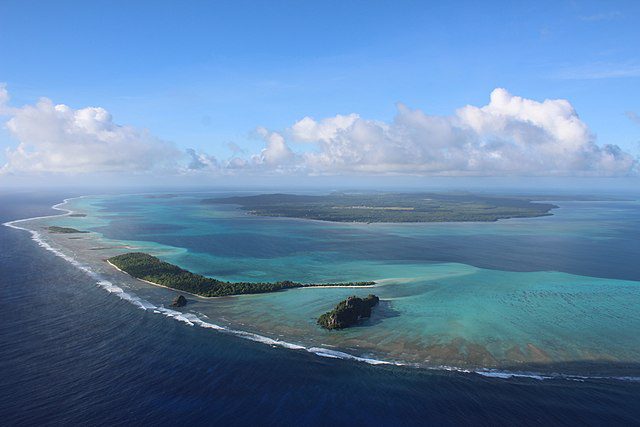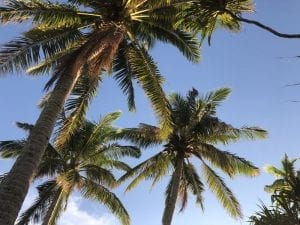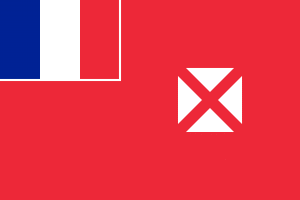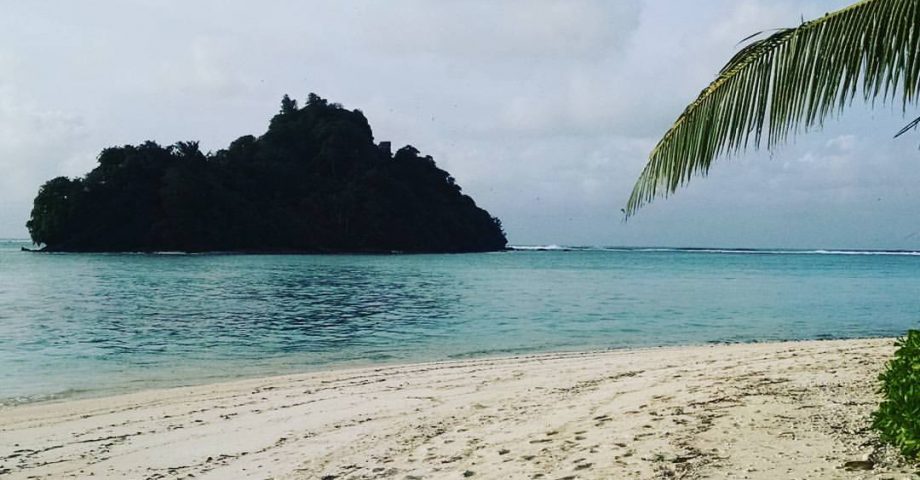Do Wallis and Futuna ring a bell for you? No? If not, get ready to fall in love with one of the planet’s most beautiful hidden corners. It’s a smash hit with fans of kitesurfing and scuba diving thanks to its gorgeous crashing waves. However, there’s more to this South Pacific surf spot than just hanging ten! Here are some fun facts about Wallis and Futuna.
1. Wallis and Futuna’s location is actually fairly disputable.
Wallis and Futuna have quite a complicated territory status. Technically speaking, it is an overseas collectivity of France. It is located in the South Pacific Ocean. It consists of three main volcanic islands: Wallis, Futuna, and Alofi, although it is only known as Wallis and Futuna.
2. They are isolated islands found deep in the surf.
The Wallis and Futuna islands can be found between Fiji and Samoa. This makes them relatively isolated in the Pacific.
3. The area has a very small population.
The population of Wallis and Futuna is relatively small, with around 11,000 inhabitants. The majority of the people are Polynesian and Roman Catholic.

4. There are multiple official languages, however!
Even though the area is quite small, there are many different official languages on the islands! The official languages spoken here are French and Wallisian (Uvean) in Wallis and Futuna (Futunian) in Futuna.
5. The islands have a rich Polynesian culture.
Wallis and Futuna have a rich Polynesian cultural heritage that includes traditional practices, dances, and musical performances that are still followed to this day. They also have traditional kingdoms, and the local chiefs hold very important cultural and social influence.
6. The economy is based around a few key industries.
The economy of Wallis and Futuna is based largely on subsistence agriculture, fishing, and remittances from Wallis and Futunans living abroad. They also get some financial boosts from tourism (such as surfers)!
7. The currency used here remains the Franc.
If you happen to head over to Wallis and Futuna on vacation, you will need to get the right money together first! The official currency to spend here is the CFP franc (XPF), which is also used in other French territories in the Pacific.
8. Education is very important in the area.
Education in Wallis and Futuna is provided in French. Even in general education, there is a strong emphasis on maintaining local culture and traditions in the curriculum.
9. You can get to and from the islands relatively easily.
Given how small they are, it may come as no surprise that Wallis and Futuna have limited transportation infrastructure. They have small airports and boats serving inter-island travel.

10. They have a unique political structure, too.
Given that the islands are an overseas collectivity of France, it should also not surprise you that the political system is quite unique. They have three kingdoms and a territorial assembly that advises the French government on local matters.
11. The islands experience a tropical climate.
The islands have a tropical climate with high humidity and a rainy season from November to April. And, while they are not considered part of a major tourist destination, the islands attract a small number of visitors interested in experiencing the area’s unique culture and natural beauty, and you’re more likely to come across tourists during the summer.

FAQs about Wallis and Futuna
What country owns Wallis and Futuna?
While Wallis and Futuna are an overseas collectivity of France, they are also self-governing islands of the nation, too. Therefore, no other country owns them.
What are Wallis and Futuna known for?
Wallis and Futuna are collectively known for their natural beauty and for being incredible spots for waterspouts, notably kitesurfing. However, many also enjoy kayaking, fishing, and scuba diving in the area.
Are Wallis and Futuna in the EU?
Since Wallis and Futuna are attached to the French Republic, it is also associated with the European Union (EU). However, it is merely associated as an overseas territory, meaning neither the residents nor anyone visiting as residents from the EU receive any associated benefits.
Further reading
https://facts.uk/tag/Oceania/
https://www.wallis-et-futuna.wf/en/getting
https://wikitravel.org/en/Wallis_and_Futuna
Do you know any interesting facts about Wallis and Futuna? Share them in the comments below!










